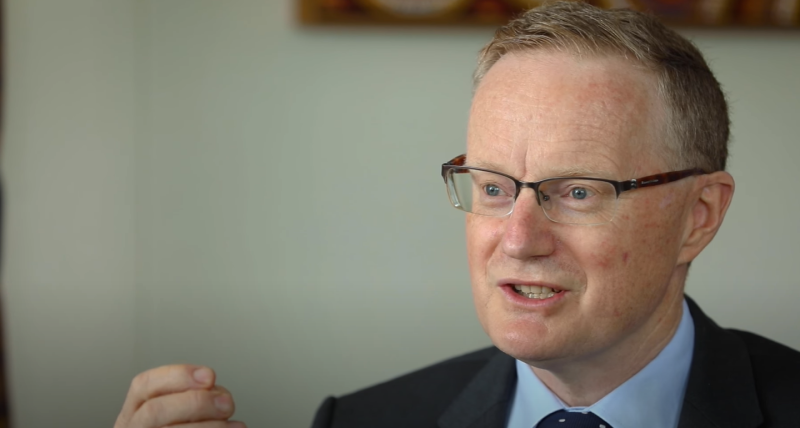- The official cash rate remains unchanged at 4.10%.
- The last rise was in June.
- Given inflation is still high, future rate rises are not out of the question.
The Reserve Bank of Australia (RBA) has decided to leave the cash rate unchanged at 4.10%, which marks a consecutive hold on interest rate rises.
Finder‘s July survey showed that 72% of over 40 experts believed the RBA would elect to hold rates, with more than a few citing slowing inflation as the primary reason.
Reserve Bank Governor, Philip Lowe, said the decision to not raise the cash rate came down to establishing a more sustainable balance between supply and demand in the economy, as well as uncertainty surrounding the economic outlook.
“Inflation in Australia is declining but is still too high at 6%,” he said.
“Goods price inflation has eased, but the prices of many services are rising briskly. Rent inflation is also elevated.”
Lowe added that some further tightening of monetary policy may be required to ensure that inflation returns to target in a reasonable timeframe, but that will depend upon the data and evolving assessment of risk.
“In making its decision, the Board will continue to pay close attention to developments in the global economy, trends in household spending, and the outlook for inflation and the labour market.”
Impact of previous hikes continues to be felt
Ray White Commercial Western Sydney managing director, Peter Vines, says that today’s announcement will have little impact on the commercial property market, as borrowers are already at a maximum when it comes to servicing their loans due to the impact of previous rate rises surfacing.
“We’ve already seen the impacts the rate rises have had with slowed consumer spending, banks tightening lending and properties liquidating in due course,” he said.
“Although this announcement won’t make any immediate changes, there is still significant pressure on the market.
“Investors have been sitting on the fence for some time, with many investing in their super funds in the current market to avoid taking any risk.
“There has also been an increased level of mortgagee possession sales and receiver sales.”
Pause may boost buyer demand
LJ Hooker head of research, Matthew Tiller, said the pause is another boost to buyer demand.
“[It] will give those with pre-approval the confidence to act without incurring more costs or worrying about the serviceability of their home loan,” Tiller said.
“It allows transactions to go ahead without the stop-and-start of buyers going back to their lender and renegotiating which is what was happening when we were seeing monthly increases.
“While this is good news ahead of the spring market, we need to see the decline in inflation continue at the same pace, if it remains sticky then there is a chance they will increase rates again – so, we may not be at the end of the cycle just yet.”
Inflation is still too high
PropTrack senior economist, Eleanor Creagh noted that the slower pace of consumer spending and inflation had eased the pressure off the RBA to continue lifting interest rates.
“This allows more time to assess the economic outlook as it tries to engineer a soft landing whilst returning inflation to target,” she said.
However, Creagh added that inflation is still too high, and given that, further rate rises are not out of the question.
CoreLogic research director, Tim Lawless, agreed with Creagh’s assessment that further rate rises could be on the horizon, but for the housing sector, the latest decision is positive news.
“A growing expectation that interest rates have peaked, or are near a peak, should help to lift consumer sentiment from the recession-like lows that have persisted over the last nine months,” he said.
“Consumer confidence and housing activity go hand in hand. Generally, when sentiment is low, homes sales are low and vice versa; so, any lift in sentiment is likely to be accompanied by a rise in active buyers and sellers.”








